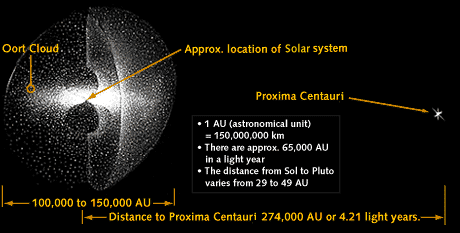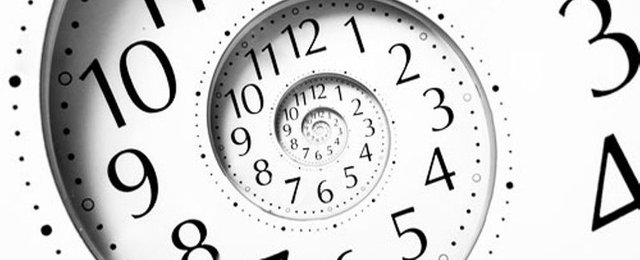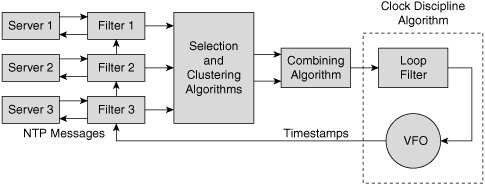HI, I'm timeguy - here's my first steemit post - about time :)
For starters, it is important to differentiate the nature of that which is Time from Temporal Perceptions, and what we perceive as time. Below are some of the disciplinary perceptions and interpretations of time, in no particular order. This synopsis is by no means complete.
In physics, we see time as the 4th dimension (relativity theory), yet it still represents itself as a serial, unidimensional continuum by which the process of physical interaction are measured or counted (applied physics). Typically, physical theories exist within the 4 dimensional Minkowski spacetime manifold; these include General Relativity (Einstein) and Quantum Field Theory (Paul Dirac), but, as stated, applied physics still uses time as a linear, serial, measurement process (which it IS NOT and CANNOT be).

Mathematically, we view time as (for starters) an imaginary number. We also view time as a component of multidimensional spaces in which space and time are conjoined through the existence of physical objects that exist within their manifold. String theory sees time to exist in 5, 7, 10, 11, 14, 26, and oh, basically, whatever many dimensions seem necessary to explain the thought of the day. While this seems to suffice to many a mathematician, at the end of the day, the reality of the physical universe suggests that time is probably a concrete function, and does not mutate randomly in order to satisfy the logic of mathematicians.

Historically speaking, we see time’s measure evolve and maintain into a collective coordinating system of reference by which we account details and events, exists ‘within’ sociologically and plan future considerations such as day-to-day living, stock markets, technological releases and so forth.

Astronomically speaking, we see time as a coordinative reference chart which subjectifies the mapping of solar and planetoid revolutions into a human-based relationship between our mother planet and the vast array of space geography around us.

In psychology, we see time as a linear reference point to mental behaviour, by which spikes, peaks and drops in correlative chemical interactions result in brain behaviours, translating into mental states and mind actions. Time also plays an action in the development of memory, learning and intelligence, where speed is used to measure aptitude and correlate between higher/lower functions of our cranial processes.

Philosophically, we see time as a question, an ever plundering rock, which leads us both everywhere and nowhere at the same time. After 2000 years of human development, learning and theorizing, we’re still stuck on the temporal philosophy of Plato and Aristotle, asking ourselves ‘Does time really exist’, and dealing with problems like the arrow paradox. Albeit, we’ve added plenty of new names to our theories of temporal perception, most philosophical ‘theorism’ deals with the subject presence of time rather than an inclusive objective tense which allows for a ‘mainframe’ development of temporal continuity among the sciences.

Linguistically, time is the subject of tense based grammatical relationships which we use to conjecture and relate temporal passage throughout as we communicate in time, through time and about time to our peers. We use time as a basis for grammatical pronunciation and distinction, revolving our words around grammatical tenses, conjugating relationships between time and self in order to prove and differentiate time’s passage, as it appears subjectively to us in its happening. Again, in the sense of linguistics, much like psychology and philosophy, time is used primarily in the subjective sense, relating primarily to how it appears to pass in relation to the ‘self’ in which the perception of time‘s passage occurs.
Computationally, time is a metre by which the clocks of central governance are ordered, satisfying a cohesive relationship between the sub-parts of a computer’s internal makeup. Time governs the central process of computation and eagerly awaits superimposition of its relative temporal passage onto a binary computational paradigm by which A.I. can recognize the flow of time as human beings seem to perceive it.

In music, time governs, again, the metre by which instruments coordinate during play. It also represents tonality, pitch, rhythm, period denoting components of melody and harmony which suppose the very foundation of musical relationships. There is no such ‘thing’ or concept as music without the metred flow of time that represents the components of its passage.
In short, time is a multidisciplinary (omnidisciplinary in my opinion) subject which discerns, governs and allows for interpretation of reality’s passage in the other fields of art, science, technology and even engineering. There isn’t a singular field of study which maintains itself without the usage of time as a measurement, perception, counter or equation, and a better understanding of what time really is promotes and facilitates the usage of time as a medium in any and all of these fields and more.
[end]
Congratulations @timeguy! You received a personal award!
You can view your badges on your Steem Board and compare to others on the Steem Ranking
Vote for @Steemitboard as a witness to get one more award and increased upvotes!
Downvoting a post can decrease pending rewards and make it less visible. Common reasons:
Submit
Congratulations @timeguy! You received a personal award!
You can view your badges on your Steem Board and compare to others on the Steem Ranking
Do not miss the last post from @steemitboard:
Vote for @Steemitboard as a witness to get one more award and increased upvotes!
Downvoting a post can decrease pending rewards and make it less visible. Common reasons:
Submit